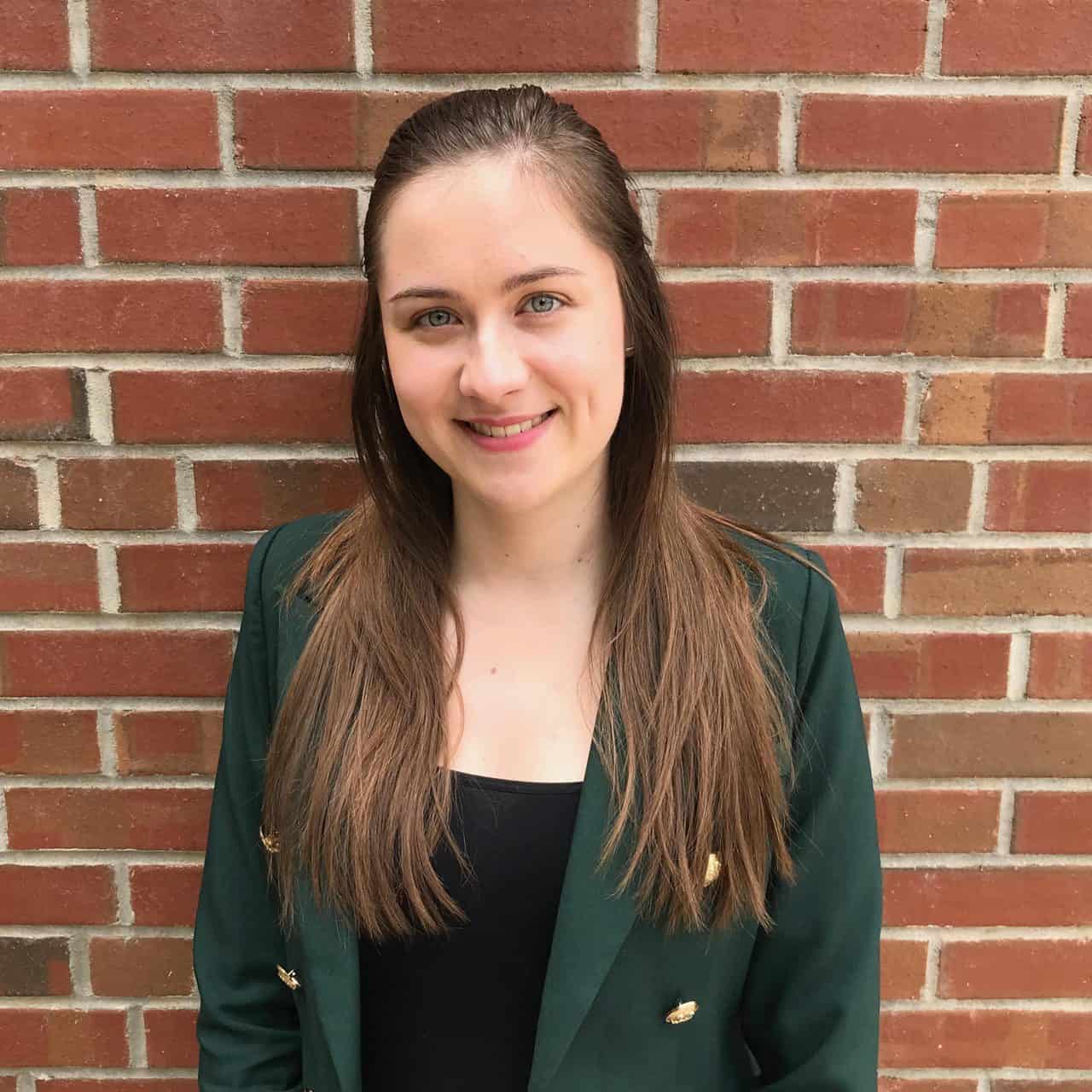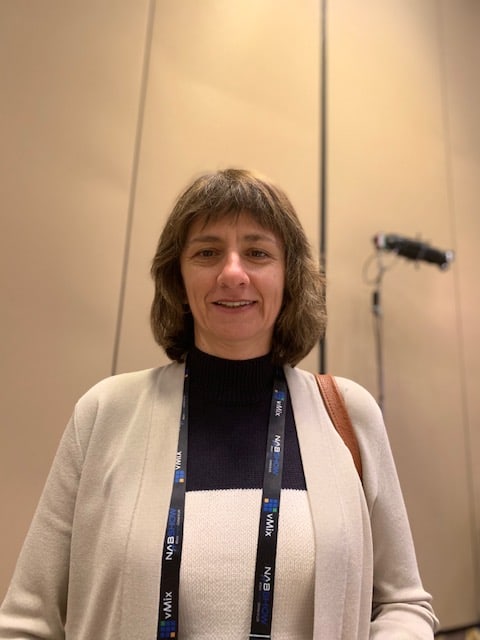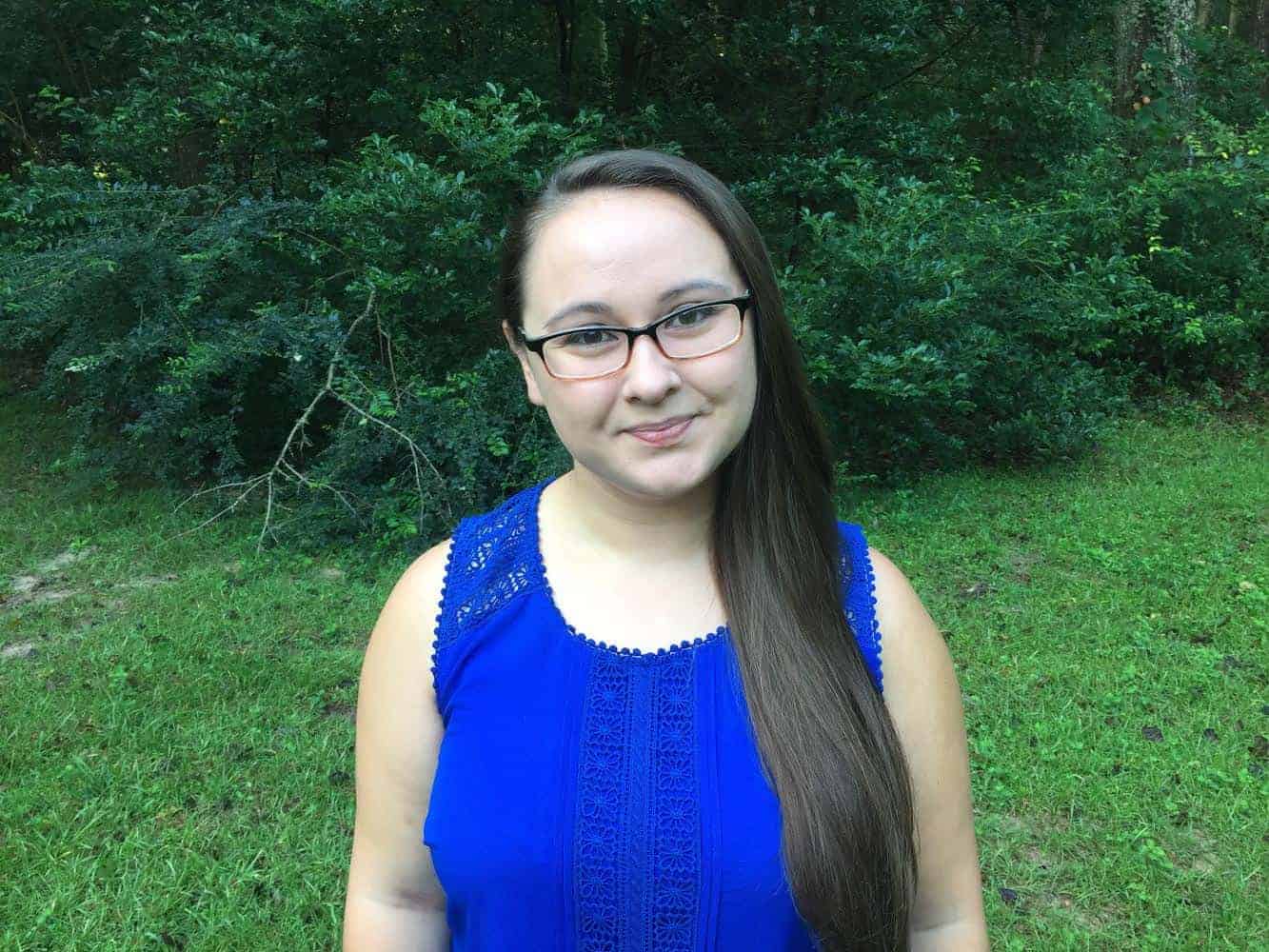This year’s BEA Conference will be held in Las Vegas from April 18-21 and we know some students in the School of Communication that are very excited to go. No, not just because BEA is the premiere international academic media organization for educators, students, and professionals. These students are also excited because they received top paper awards!

Daniella Horvath is pursuing her Master’s degree in Public Interest Media Communication and won the award in the International Division for her paper titled “The way native speakers perceive the work of non-native journalists: Examining the effect of accent on media personnel’s credibility.” This paper is a qualitative study of how accents affect the credibility judgments of non-native journalists. Daniella is originally from Budapest, Hungary and found it interesting that while accents do play an important role, they do not paint the full picture. “Other factors such as appearance, presentation, and speed of speech of the reporter also influence credibility,” she explains.
This was Daniella’s first time submitting a paper to a conference in the US. “Winning a top paper award, especially at an acclaimed conference like BEA, is the biggest recognition I can receive for my work,” she says. “I am honored and excited to share my research with other students and professionals at the national level.”
Daniella is excited to continue pursuing her Master’s degree in the PIMC program at CCI. For her final milestone project, she will be filming a short documentary film.

Doctoral students Svitlana Jaroszynski and Laura-Kate Huse also won a top paper award in the Law & Policy Division for their paper titled “A Relic of the Past: How the FCC left localism in the past with the elimination of the Main Studio Rule.” This paper addresses a policy that the Federal Communications Committee repealed in 2017 called the Main Studio Rule. “According to this rule, every radio station was supposed to have a studio in their community of license. We argue in the paper that by eliminating the rule, the FCC defeated the principle of localism in broadcasting and acted in the interests of large media corporations,” Svitlana explains.

Being recognized for this work confirms to Svitlana and Laura-Kate that they aren’t the only ones who see this is an issue. “I hope that by raising concern about localism of the broadcasting and advocating for the importance of professional journalism, we can bring positive change in our field,” Svitlana says. She plans to continue her research in the field of communications law, specifically Ukrainian regulation.
